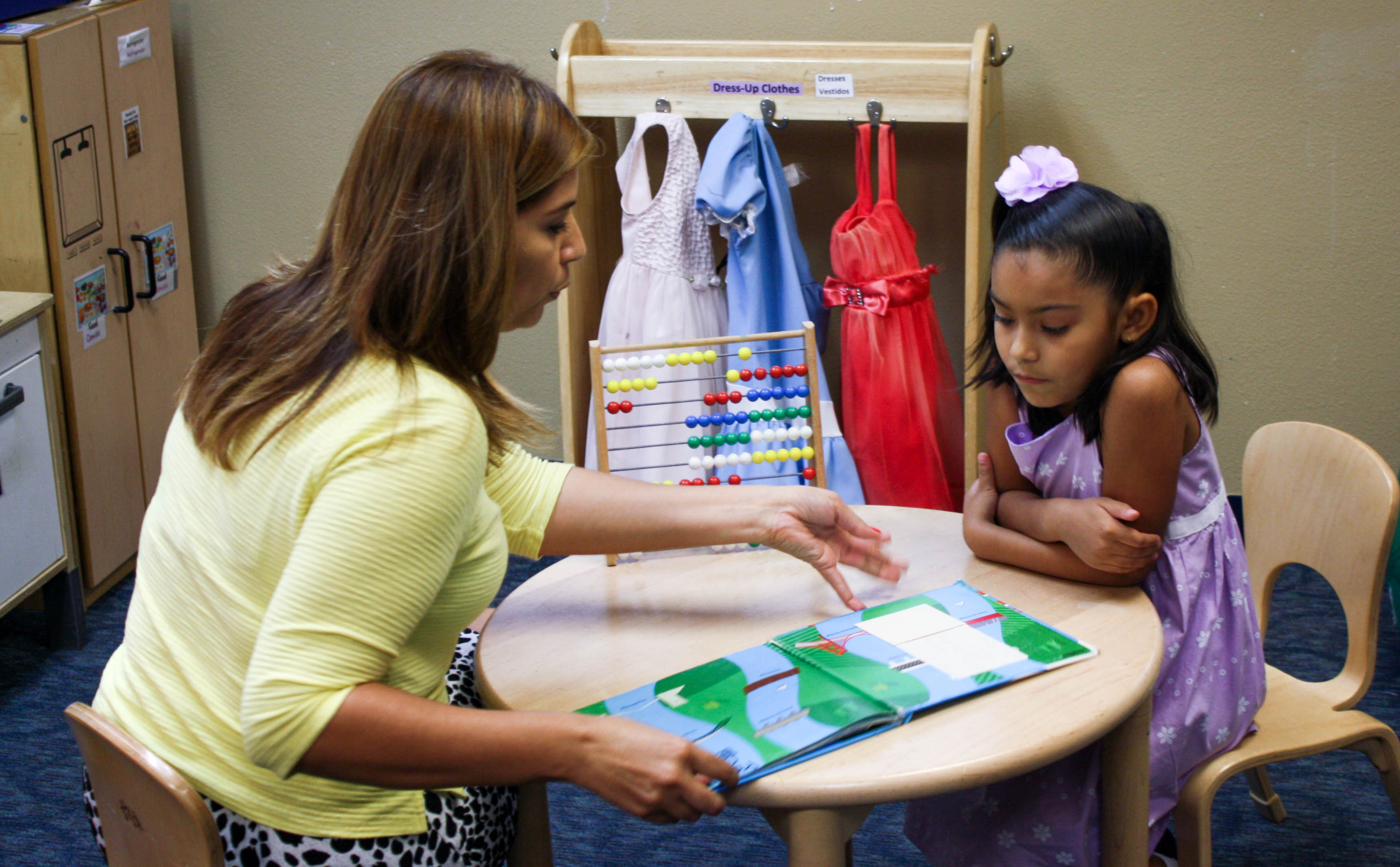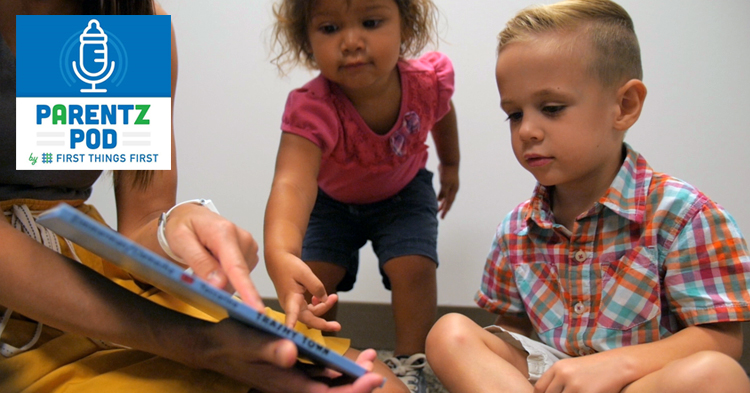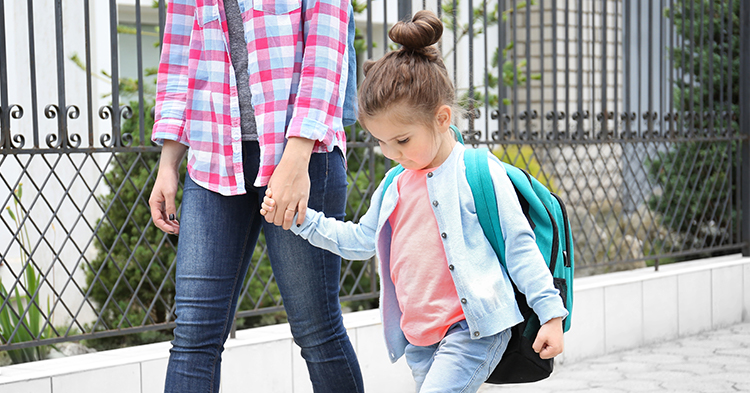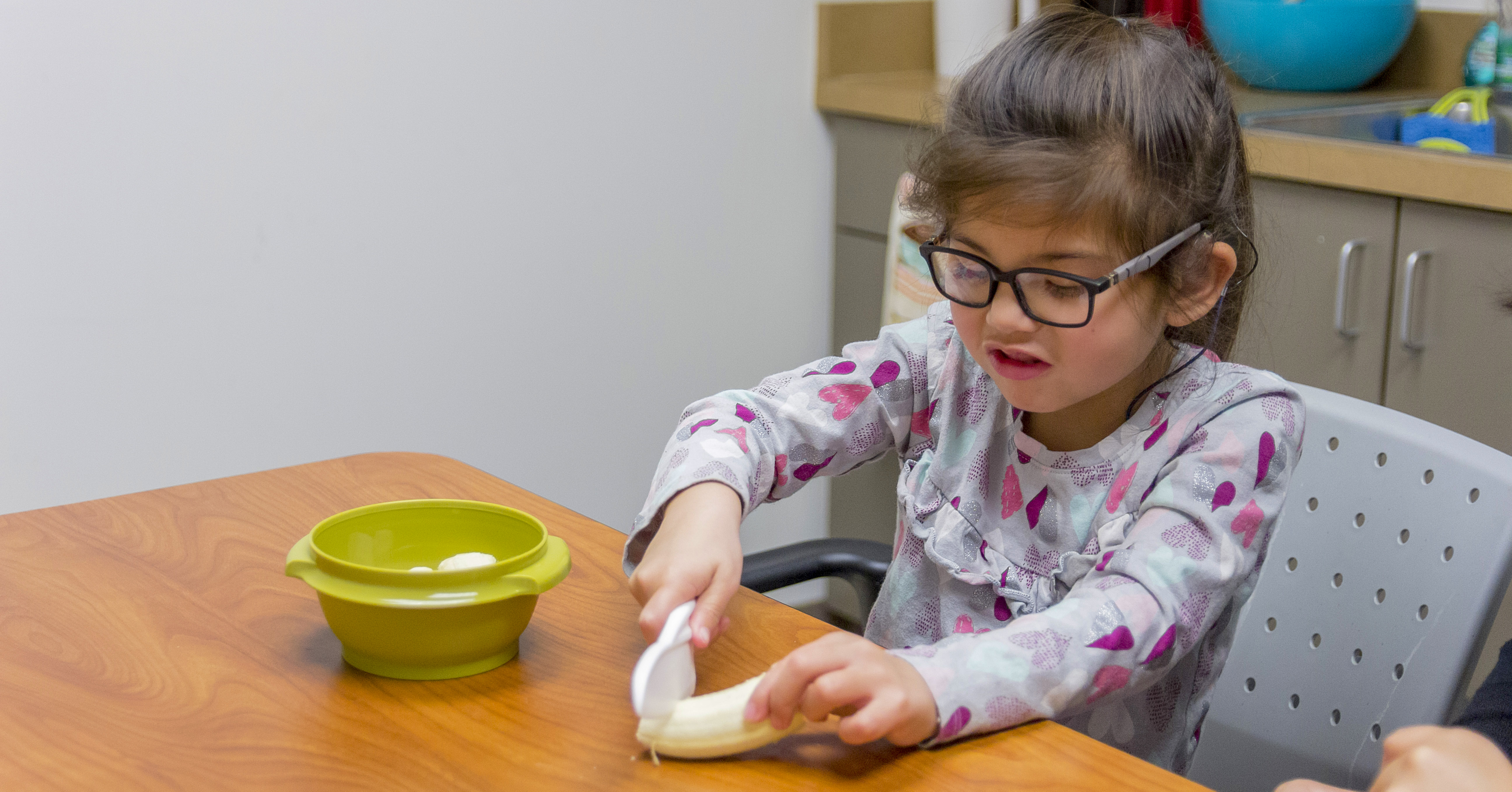
When your child arrives at kindergarten, they’ll be expected to do some things on their own, like washing their hands or moving from one activity to the next, so we asked several Arizona kindergarten teachers for their best tips for parents to help nurture independence and self-confidence in their young child. The months leading up to the first day of school are the ideal time to help your little one develop these important abilities and be ready for the transition to kindergarten, but it’s never too early to start.
 Abbey Walejko
Abbey Walejko
Kyrene Monte Vista Elementary School, Phoenix
There are simple ways you can encourage independence in your child during your regular daily routines. Find those tasks that you still do for your child that they are capable of learning to do for themselves, such as pouring their own bowl of cereal or picking out their own clothes. If they run into a roadblock, give them a chance to problem solve before jumping right in to take over. As they find themselves doing more for themselves and working through obstacles, they will also build a sense of independence and perseverance that is well worth the milk spills and mismatched clothes.
 Nancy Hayhurst
Nancy Hayhurst
Echo Canyon Elementary School, Scottsdale
My best tips for parents of incoming kindergarten students are to help them become self-sufficient and read with them. By allowing them to pack their backpack, assist with lunch, dress themselves, use the restroom on their own and learn how to tie their shoes, parents are teaching future kindergarteners how to be independent. When you read with them, ask them questions — who, what, where, when and how — or have them ask you questions about the story. Predict the ending of stories and discuss your favorite parts. Reading with your child can be your most significant contribution to their kindergarten success.
 April Gowens
April Gowens
Mesquite Elementary School, Gilbert
Gaining independence is a vital part of a student’s successful kindergarten transition. Parents can help their child do this by assigning them small, age-appropriate chores, making time for unstructured play, and allowing their child to problem solve little situations when they arise.
 Melissa Aguirre
Melissa Aguirre
Tartesso Elementary School, Buckeye
To support children in becoming more independent, my best tip would simply be to allow them to have experiences and opportunities where they can practice independence for short periods of time. It could be something as small as putting away certain dishes or silverware, feeding a pet, setting the table, getting dressed, attempting to write or trace their name, or sitting quietly with a book reading the pictures. Start with simple tasks they are comfortable with.
When it comes to academic practice to prepare your child for more independence, start out slow. Children need lots of support in the beginning, but they also need to be given short periods of time to practice and struggle. Struggling allows for huge learning opportunities and it stretches that independence a little more than they are comfortable with. Once a child tries on their own, you can always reinforce their learning and provide more support. The more practice and opportunities a child has to try something independently, the more successful they are going to feel. Celebrate them when they attempt or complete these tasks, and praise them to let them know they did well.
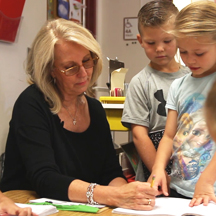 Lisa Hoelzen
Lisa Hoelzen
Copper Creek Elementary School, Glendale
Parents need to allow and support the child’s independence by providing simple tasks they can successfully complete, like making their bed in the morning, dressing themselves, brushing their own teeth and clearing their own dishes after eating. Protect them but allow them freedom to gradually grow, and praise their efforts. Praising a child can be as simple as “Good job for doing that all by yourself,” a high five, or getting a sticker on a chore chart that, when filled, can be redeemed for an afternoon with their favorite person. You can also create a photo album with pictures of the chores the child has done so they can be remembered.
One of the best ways families can help with independence skills is to be role models themselves. Children watch their parents for clues on how to feel or act. If adults model confidence and the willingness to try new things, young children will start on the path to positive social and emotional development and success later in life.



